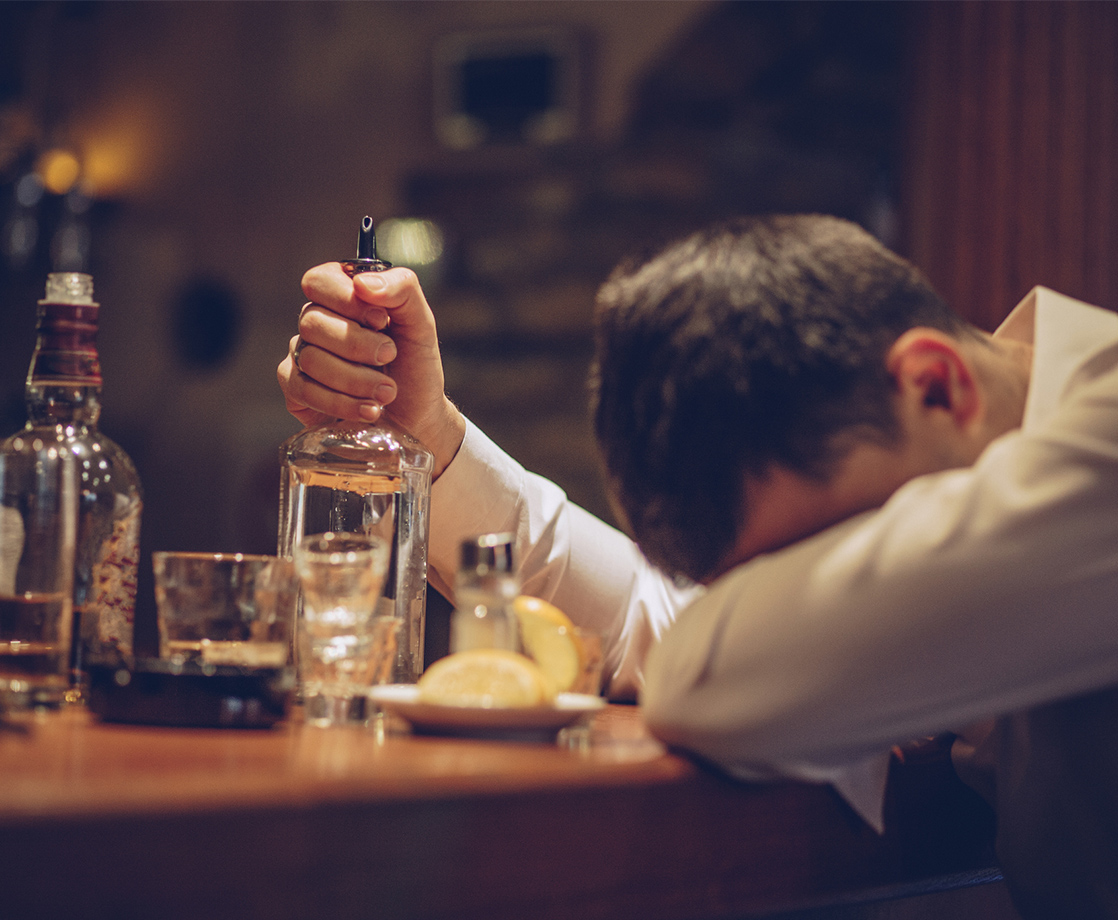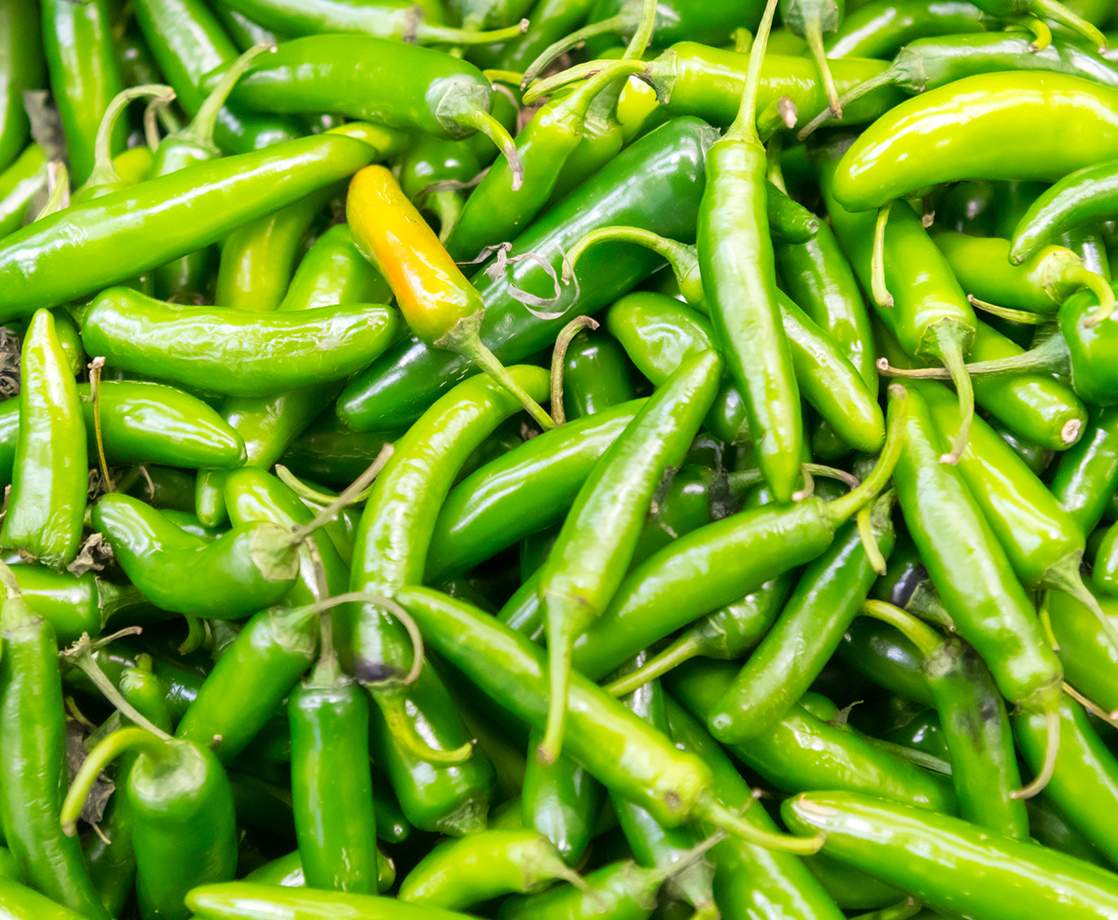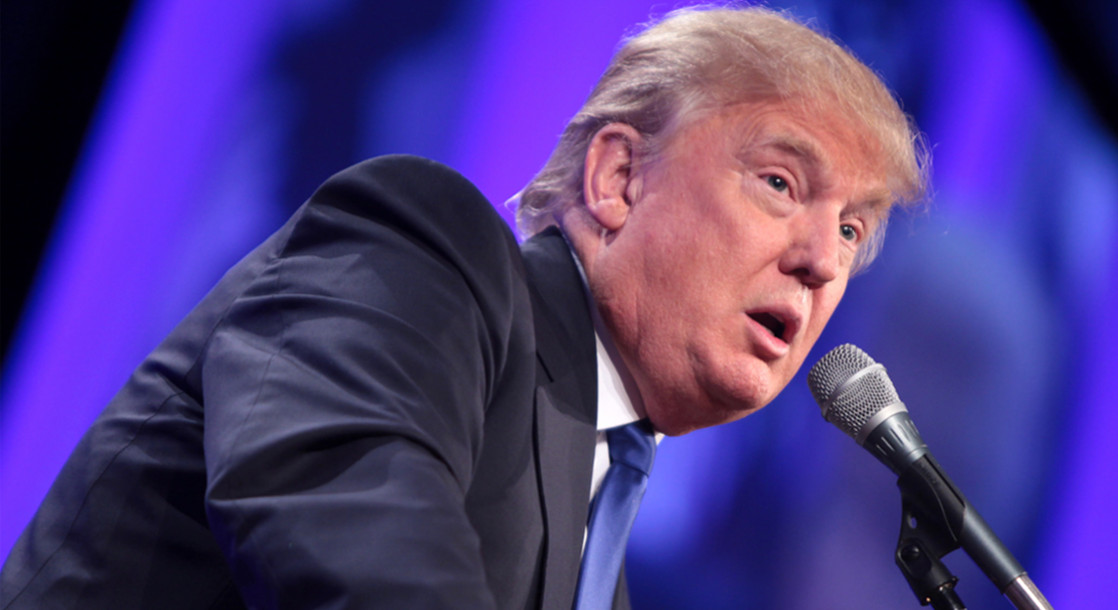Americans love alcohol. But in states at the forefront of the country's adult-use legalization movement, the normalization of legal weed has apparently quenched some of the same thirst that booze used to.
According to a new report from the financial research firm Cowen & Company, states with comprehensive legal marijuana industries are also home to significantly lower rates of binge drinking, despite an otherwise national trend towards increasingly dangerous alcohol consumption.
Earlier this year, officials at the Center for Disease Control (CDC) released a report detailing a worrying spike in heavy drinking across the country, with 1 in 6 Americans, or 37 million people, consuming more than five drinks within two hours time at least once a week.
However, in the document, which was first reported by Forbes, in-house researchers at Cowen claimed that in states with recreational marijuana like Colorado and Washington State, adults were 13% less likely to binge drink than in states where weed is still illegal. On a monthly level, Cowen analysts predicted that legal weed has cut into thousands of potential drinking binges.
"In legal adult-use cannabis states," the Cowen report said, "the number of binge drinking sessions per month (for states legal through 2016) was -9% below the national average."
As scientific communities continue to uncover research suggesting that marijuana could be an immense help to the country's deadly opioid addiction epidemic, the Cowen research suggests that legal weed could have a rehabilitory effect for dangerous drug users of all kinds. In the most recent CDC report, the federal agency ascribes 88,000 annual deaths to alcohol.
But, like any data concerning the country's still-infant legal cannabis industry, it's important to take the Cowen binge drinking statistics with a grain of salt. Unlike peer-reviewed studies from institutions of higher education, Cowen's research comes straight from Wall Street, with little transparency into the funding or goals that influenced the most recent report. And while Cowen analysts have refrained from any staunch or causal claims about legal weed and binge drinking, recent cannabis insights from the New York firm have included predictions that the U.S. cannabis industry will outpace previous financial predictions and that legal weed will have a significant effect on alcohol sales. Needless to say, the latest research about binge drinking falls right in-line with those previous claims.
Still, putting aside any possible non-scientific ulterior motives behind Cohen's research, the binge drinking report does coincide with a number of very real shifts in the alcohol industry that are a direct result of cannabis legalization.
Just last week, the brewmaster behind Blue Moon announced that he would be starting a THC-infused brewed beverage company, following behind a Budweiser executive who made his own leap into California's cannabis industry. Not to mention Constellation Brands, a gigantic multinational alcohol conglomerate, which recently invested millions of dollars into Canada's largest marijuana company.
So even if it's a little too early to say that easily available dabs and pre-rolls have replaced shot races and beer chasers in states like Colorado, one thing is certain: money is moving from the alcohol industry and into the green rush. Only time will tell if legal weed can actually displace drinking at the top of America's intoxicant hierarchy, but for now, our hopes are high.
Follow Zach Harris on Twitter











